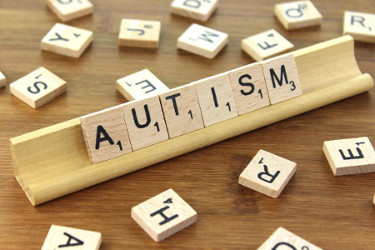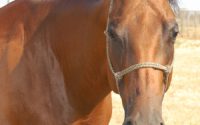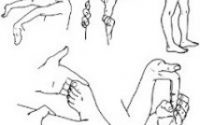MCAD linked to Autism Spectrum April 2015

Editor’s note April 2024: I’m behind on updating all my pages to reflect the change in terminology in the mast cell disease world. Mast Cell Diseases, or just MCD (no “A”) is now the official umbrella term for all forms of mast cell diseases, including Mastocytosis (all the forms), HaTS, and MCAS among other less common diseases.
Not all involve over activation, so this is more inclusive. I’m just behind updating everything and, all my links are going to break when I do, so… thanks for your patience! /End update
~~~~~~~~~~~~~Original Post from 2015 with tiny tweaks as I slowly divest of the medical model of autism I was first introduced to:
I’m late to the World Autism Awareness Day party which was yesterday, April 2, 2015 as I type this. (Though not late for Autism Awareness Month, which is April, by the way.)
But… the good news is, while I failed to get a post out on time for the occasion, I was made privy to some very exciting news in the field of Autism awareness to date instead: Dr. Theoharis Theoharides has discovered a reliable diagnostic test for autism spectrum disorders in children – and no surprise, it’s based on the extremely commonly comorbid Mast Cell Activation Disorders! His study found that 60% of children on the autism spectrum showed signs of atopy (allergic disease) – which includes mast cell disorders.
Conversely, they are finding 1 in 10 children with a mast cell disorder is diagnosed on the autism spectrum. So clearly there’s some kind of correlation between the two, even if MCAD isn’t the whole picture for people with autism. I just learned about this last night (April 2nd, 2015) from this great interview with Dr. Theo by Marianne Sarolo-Russo.
No, I’m not making this up. Yes, I dearly wish to write a lot more about autism spectrum disorders we’re finding so commonly co-occurring in both the Ehlers-Danlos Syndrome (EDS) and MCD communities. (Everyone seems to either be on, or related to someone on the Spectrum from what I’m observing, including myself, albeit not all diagnosed.) I’m just dying to know what role if any comorbid hypermobility may also play in this matter also.
I’m suspecting at least a small role likely from our generally larger amygdalae we find in the hypermobile population myself – which is the seat of emotions in the brain along with “saggy” hind brains lending to Sensory Processing Disorders among other things in us, but I need to dig up some of my sources for this thanks.
Meanwhile, if you don’t know already, many in our MCD groups (and by proxy the autism community) are finding great benefit from the natural mast cell stabilizers quercetin and luteolin, as much or more so than from cromolyn sodium, a prescription mast cell stabilizer that does still help some with MCAS, though not all (including myself.) I see reports all the time from MCAS patients in the larger groups recovering from loss of speech and bad brain fog using various forms of these, including Neuroprotek, an OTC supplement available online.
I have no financial stake in this product, nor does Dr. Theoharides – its originator. He also explains that the company producing it, Algonot, is not a non-profit, because they could not have gotten the liability insurance they needed to bring this product to market as explained in Marianne’s interview. You can also find other forms of quercetin and luteolin you can take as tolerated. But be careful if you respond to high phenols, and also be mindful of your methylation levels. (This seems to play a factor for some also and is another rabbit hole all on its own I’ll try to get to some day.)
I’m sorry to cut this post short for now – I will try to revise it and speak to the issue at length soon. But I wanted to at least get this very exciting news out as soon as possible! This is groundbreaking!
To your health,
Jan sans PB April 3, 2015 April 5, 2024


